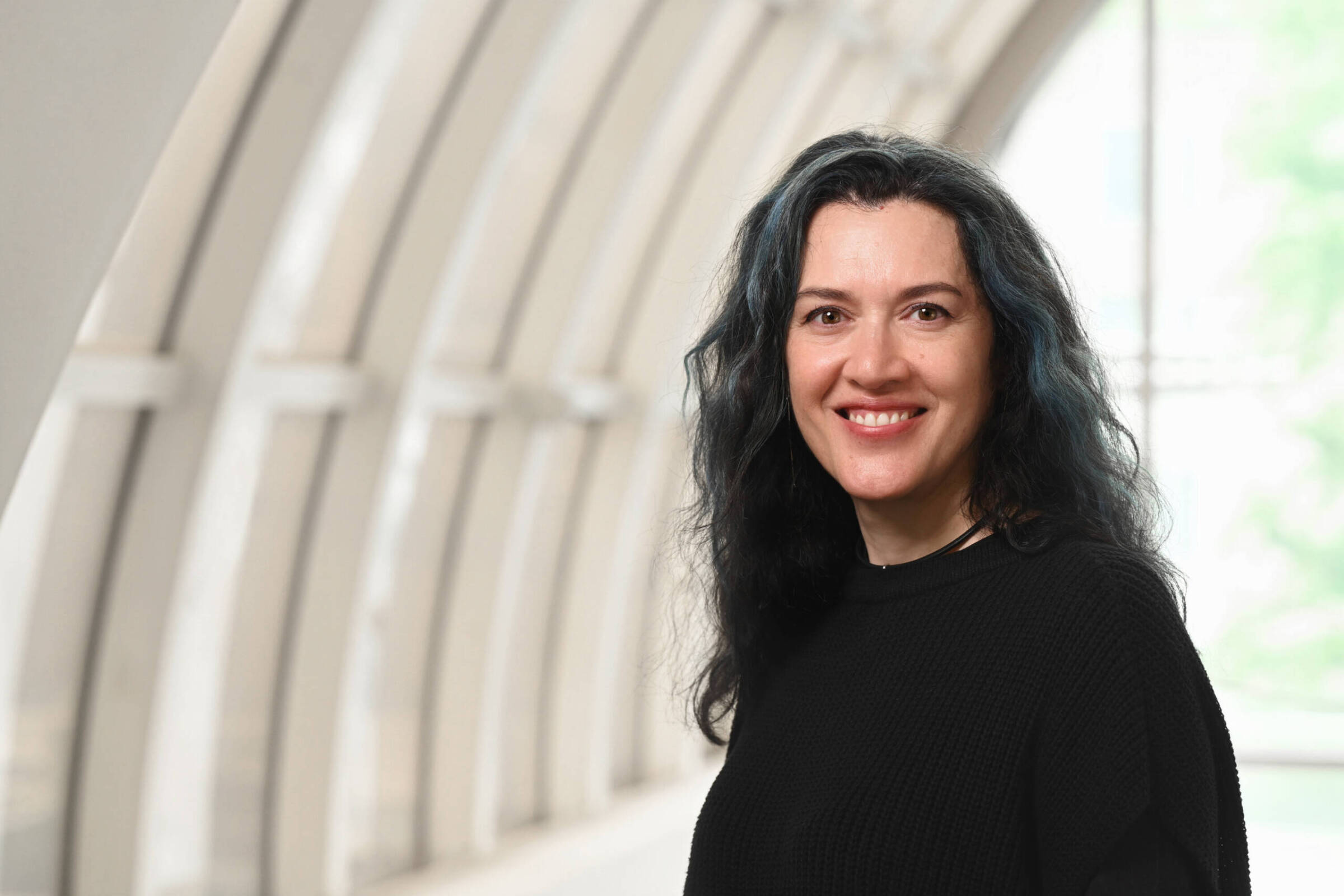Helmsley Trust renews $15 million grant for novel digestive disorders research
by Wynne Parry, Science Writer
The Leona M. and Harry B. Helmsley Charitable Trust has awarded a new three-year, $15-million grant to The Rockefeller University to help support the interdisciplinary Center for Basic and Translational Research on Disorders of the Digestive System. Established in 2012 with an initial $15-million gift from the Helmsley Trust, the center, informally referred to as CDDS, provides essential infrastructure for ongoing investigations in approximately 20 Rockefeller labs that study a broad range of biological processes related to the digestive system. With the new grant, CDDS will continue to fund research initiatives and the acquisition of advanced technologies. In addition, it will organize seminars, symposia, and retreats that offer scientists opportunities to share ideas and gain fresh insights.
“This renewal allows the CDDS to continue to support the recruitment of outstanding investigators and the performance of groundbreaking research, elucidating the fundamental biology of the digestive system,” says the center’s founding director Barry S. Coller, physician-in-chief of The Rockefeller University Hospital and the university’s vice president for medical affairs. “Research supported by the center will lead to new approaches for the prevention and treatment of a range of disorders, including inflammatory bowel diseases, hepatitis, diabetes, obesity, and cancer.”
Pilot project research has already provided new insights into the impact of weight loss on inflammation in obesity, the mechanism by which oral administration of proteins leads to immunologic tolerance, the mechanisms involved in colorectal cancer metastases, and the products of bacteria in the gut that initiative inflammatory responses.
“In addition,” Dr. Coller says, “the clinical scholars whose training has been supported by the Trust are well-prepared to embark on careers in translational research. For the next three years, we will further enhance our supportive environment so that center scientists can pursue unexplored and unconventional questions about the biology of the digestive system.”
Here are a few examples of recent progress by CDDS scientists:
- Immunologist Daniel Mucida and colleagues developed a new in vitro model system for studying inflammatory bowel diseases, including Crohn’s disease and colitis, as well as celiac disease. The model can help researchers investigate the cellular interactions associated with autoimmunity.
- Luciano Marraffini’s laboratory revealed new information about the functions of bacterial DNA segments called CRISPRs, which protect bacteria against viruses. This work is shedding light on the complexities of diverse microbial communities such as the intestinal microbiota.
- Charles M. Rice and colleagues overcame a major challenge when they induced normal replication of the hepatitis C virus in cultured human liver cells by ramping up the expression of a single gene.
- The laboratories of Jeffrey M. Friedman and Paul Cohen are using mouse models to understand the metabolic benefits of certain surgical interventions for obesity, which cannot be accounted for by reduced food intake or increased insulin action post-surgery.
Established in 1999, the Leona M. and Harry B. Helmsley Charitable Trust aspires to improve lives by supporting effective nonprofits in health and medical research, social services, education, and conservation.


